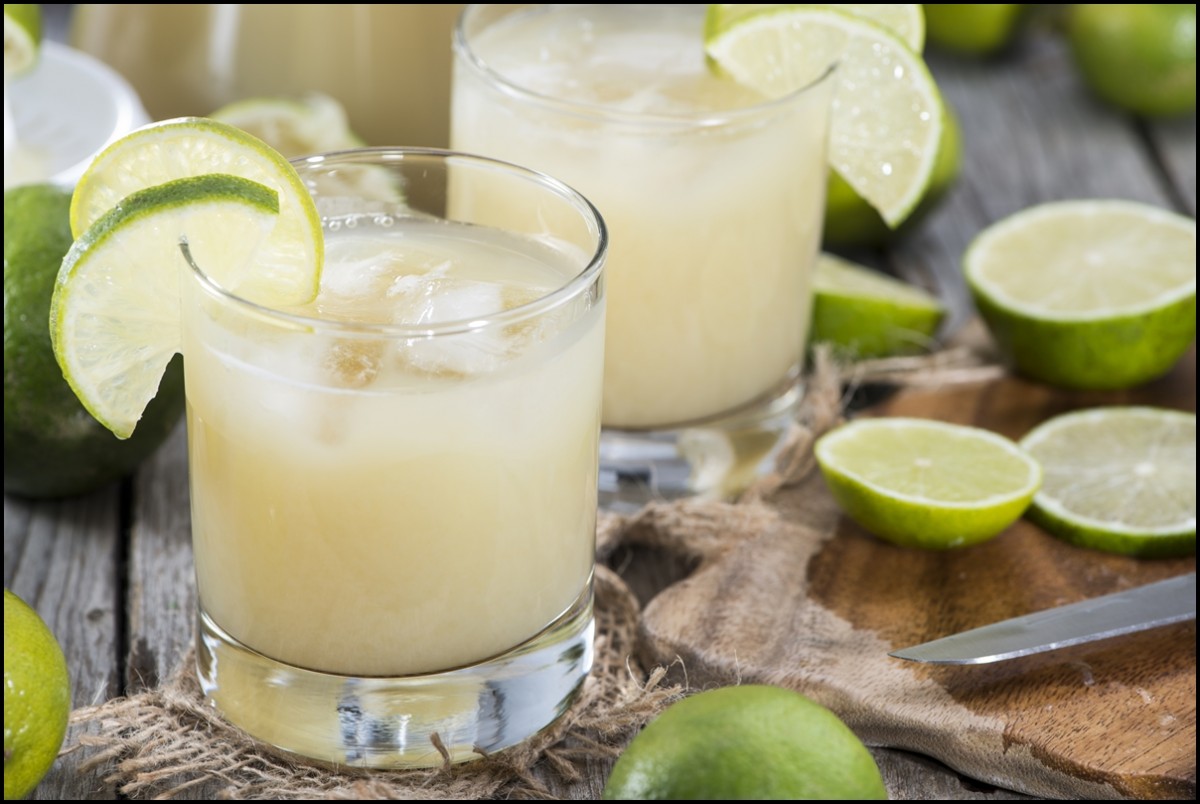

Articles
How To Store Lime Juice
Modified: February 27, 2024
Discover the best methods for storing lime juice in this informative article. Find out how to keep your lime juice fresh and flavorful for longer.
(Many of the links in this article redirect to a specific reviewed product. Your purchase of these products through affiliate links helps to generate commission for Storables.com, at no extra cost. Learn more)
Introduction
Lime juice is a versatile ingredient that adds a tangy flavor to various dishes and beverages. It is not only refreshingly delicious but also packed with essential vitamins and minerals. If you find yourself with an excess of lime juice or want to stock up for future use, learning how to properly store it is crucial to maintain its freshness and ensure its longevity.
In this article, we will explore the benefits of storing lime juice, factors to consider before storing, proper containers for storage, step-by-step instructions on how to store lime juice correctly, tips for extending its shelf life, precautions to take, and answer some frequently asked questions.
Whether you have freshly squeezed lime juice or commercially bottled lime juice, following the right storage techniques is essential to preserve its taste, freshness, and nutritional value.
Let’s dive into the details of how to store lime juice effectively and enjoy its flavorsome qualities for an extended period.
Key Takeaways:
- Store lime juice to extend its shelf life, preserve its nutritional value, and enjoy its versatility in culinary applications. Proper containers, hygiene, and temperature control are key for freshness.
- Follow proper storage techniques for freshly squeezed or commercially bottled lime juice. Refrigeration, freezing, and canning methods can help maintain its flavor and nutritional benefits. Remember to practice good hygiene and minimize air exposure.
Read more: How To Juice A Lime With A Juicer
Benefits of Storing Lime Juice
Storing lime juice has numerous benefits, both in terms of convenience and ensuring that you have a readily available supply of this zesty citrus delight. Here are some key advantages of storing lime juice:
- Extended Shelf Life: One of the primary benefits of properly storing lime juice is that it extends its shelf life. By following the right storage methods, you can keep your lime juice fresh and usable for a longer duration, allowing you to enjoy its flavors at your convenience.
- Preservation of Nutritional Value: Lime juice is loaded with essential vitamins, particularly vitamin C, which is known for its immune-boosting properties. Storing lime juice correctly helps to retain its nutritional potency, ensuring that you get the maximum benefits from this citrus powerhouse.
- Versatility in Culinary Applications: Lime juice is a versatile ingredient that can be used in various culinary applications, including salad dressings, marinades, cocktails, and desserts. By having stored lime juice on hand, you can effortlessly enhance the flavors of your favorite dishes and explore new recipe possibilities.
- Cost Savings: Buying limes in bulk when they are in season and storing the juice can be a cost-effective alternative to purchasing pre-packaged lime juice. By taking advantage of seasonal offerings and storing the juice, you can save money in the long run.
- Convenience: Storing lime juice allows you to have it readily available whenever you need it. Whether you want to add a squeeze of lime to your morning water or whip up a quick lime vinaigrette for your salad, having stored lime juice makes it a hassle-free process.
By understanding the benefits of storing lime juice, you can make the most out of this citrus gem and ensure that you always have a fresh and flavorful supply on hand.
Factors to Consider Before Storing Lime Juice
Before you start storing lime juice, there are a few important factors to consider to ensure its quality and longevity. By taking these factors into account, you can make the most out of your stored lime juice. Here are the key factors to consider:
- Quality of Limes: The quality of the limes used to extract the juice plays a significant role in the final product. Choose fresh, ripe limes that are juicy and free of any mold or bruises. High-quality limes will result in better-tasting and longer-lasting lime juice.
- Freshly Squeezed vs. Store-Bought: Decide whether you want to store freshly squeezed lime juice or commercially bottled lime juice. Freshly squeezed juice tends to have a more vibrant flavor and higher nutritional value, but it requires proper sterilization and storage techniques. Commercially bottled lime juice, on the other hand, is often pasteurized and comes with a longer shelf life.
- Additives and Sweeteners: Consider whether you want to store pure lime juice or if you prefer to add any additives or sweeteners to enhance the taste. If you plan to add sugar or other sweeteners, ensure that the container you choose can accommodate the additional ingredients without compromising its storage quality.
- Quantity: Determine the quantity of lime juice you wish to store. It is advisable to store smaller quantities to ensure freshness and prevent wastage. If you anticipate needing larger quantities, consider dividing the juice into smaller portions and freezing them for easy access.
- Storage Duration: Think about how long you plan to store the lime juice. This will help you choose the appropriate storage method. If you plan to use it within a few days, refrigeration may suffice. For longer storage periods, freezing or canning methods may be more suitable.
Considering these factors before storing lime juice will help you make informed decisions and optimize the quality and longevity of your stored lime juice.
Proper Containers for Storing Lime Juice
The choice of container for storing lime juice is crucial to maintain its freshness and prevent any contamination. Here are some types of containers that are suitable for storing lime juice:
- Glass Jars or Bottles: Glass containers are a popular choice for storing lime juice due to their non-reactive nature and ability to maintain the flavor and quality of the juice. Ensure that the glass containers have an airtight seal to prevent air exposure and leakage.
- Plastic Containers: If using plastics, opt for food-grade containers made from high-quality materials such as HDPE or PET. Make sure the containers are BPA-free and have a tight seal to prevent any plastic odor or leaching.
- Stainless Steel Bottles: Stainless steel containers are durable, non-reactive, and provide excellent insulation. They are a good option for storing freshly squeezed lime juice, especially if you plan to take it on the go.
- Ice Cube Trays: For smaller quantities of lime juice, consider using ice cube trays to freeze individual portions. Once frozen, transfer the lime juice cubes to a freezer-safe bag for easier storage and access.
- Canning Jars: If you prefer to preserve lime juice for an extended period, consider using canning jars. They are specifically designed for long-term storage and can be a viable option if you want to store a larger quantity of lime juice.
When choosing containers, ensure they are clean and sterilized before filling them with the lime juice. It is crucial to select containers that are appropriate for the quantity of juice you wish to store and can provide an airtight seal to prevent spoilage.
Remember to label the containers with the date of storage to keep track of their freshness. Additionally, store the containers in a cool, dark place away from direct sunlight to maintain the flavor and quality of the lime juice.
By selecting the right containers, you can ensure that your stored lime juice remains fresh and ready to use whenever you need it!
Steps to Store Lime Juice
Follow these simple steps to store lime juice properly and enjoy its freshness for an extended period:
- Prepare the Lime Juice: Start by squeezing fresh limes to extract the juice. Strain the juice to remove any pulp or seeds. If using commercially bottled lime juice, skip this step.
- Choose the Right Container: Select a suitable container for storing the lime juice, such as glass jars, plastic containers, or stainless steel bottles. Ensure the container has an airtight seal to prevent exposure to air and potential spoilage.
- Sterilize the Container: Thoroughly clean and sterilize the container to ensure hygiene and prevent any bacterial contamination. Wash it with hot, soapy water, rinse well, and sanitize it by boiling it in water for a few minutes. Let it air dry before using.
- Transfer the Juice: Pour the freshly squeezed lime juice or commercially bottled lime juice into the sterilized container. Leave about half an inch of headspace at the top to allow for expansion if freezing.
- Seal the Container: Ensure the container is securely sealed to avoid any leakage or exposure to air. If using a jar with a lid, tighten the lid firmly. For bottles or containers with caps, ensure the cap is closed tightly. This will help maintain the freshness of the lime juice.
- Label and Date: Label the container with the date of storage using a waterproof marker. This will help you keep track of its freshness and usage, especially if you plan to store multiple containers.
- Storage Options: Depending on your storage duration and preferences, there are a few options to choose from:
- Refrigeration: If you plan to consume the lime juice within a few days, store it in the refrigerator. Keep it in the coldest part of the fridge, such as the back or bottom shelf, to maintain its freshness.
- Freezing: For longer storage periods, consider freezing the lime juice. Transfer it to freezer-safe containers or ice cube trays. If using ice cube trays, freeze the juice first and then transfer the frozen cubes to a freezer-safe bag for easier storage.
- Canning: If you want to preserve larger quantities of lime juice, consider canning. Follow proper canning techniques and guidelines to ensure safe preservation.
- Store in the Right Environment: Regardless of the storage option, store the lime juice in a cool, dark place away from direct sunlight, as light and heat can degrade the quality of the juice.
By following these steps, you can effectively store lime juice and enjoy its flavor and freshness whenever you need it. Remember to always practice proper hygiene to ensure the longevity and safety of the stored lime juice.
Store lime juice in a glass container with a tight-fitting lid to prevent oxidation. Keep it refrigerated and use it within 1-2 weeks for the best flavor.
Read more: How To Store Cut Lime
Tips for Extending the Shelf Life of Lime Juice
To maximize the shelf life of your stored lime juice and ensure its freshness for as long as possible, consider implementing the following tips:
- Proper Storage Temperature: Store lime juice in a cool environment, preferably in the refrigerator or freezer. Lower temperatures help slow down the growth of bacteria and maintain the quality of the juice.
- Airtight Containers: Ensure the containers used for storing lime juice have airtight seals to prevent air exposure and minimize oxidation. This will help maintain the flavor and freshness of the juice for a longer period.
- Avoid Contamination: Avoid introducing bacteria or contaminants into the lime juice. Make sure the containers, utensils, and your hands are clean before handling the juice. Use a clean and sterilized spoon or measuring cup when pouring the juice.
- Minimize Air Exposure: When storing lime juice in the refrigerator or freezer, try to minimize air exposure. If using a jar, fill it to the top to reduce the amount of air trapped inside. For containers with caps, squeeze out any excess air before sealing tightly.
- Avoid Temperature Fluctuations: Always store lime juice away from temperature fluctuations. Avoid placing it near the refrigerator door or any area that may be exposed to heat sources. Fluctuating temperatures can degrade the quality of the juice.
- Freezing in Proper Portions: If freezing lime juice, consider dividing it into smaller, individual portions using ice cube trays. This way, you can easily thaw only the amount you need, without having to defrost the entire batch.
- Use Freshly Squeezed Lime Juice: While commercially bottled lime juice can be convenient, using freshly squeezed lime juice can enhance the flavor and nutritional value. Freshly squeezed juice has a shorter shelf life, so aim to consume it within a few days for the best taste and quality.
- Keep Containers Clean: Regularly clean the containers used for storing the lime juice to prevent any bacterial buildup. Wash them with hot, soapy water, rinse well, and sanitize them before refilling them with fresh juice.
- Rotate Stock: If you regularly store lime juice, it is wise to practice a first-in, first-out rotation system. Consume the older batches first to ensure you utilize the lime juice while it is still fresh and at its best quality.
By following these tips, you can extend the shelf life of your stored lime juice and enjoy its tangy goodness for a longer period. Remember that proper handling, storage, and hygiene practices are key to maintaining the freshness and flavor of the juice.
Precautions to Take While Storing Lime Juice
While storing lime juice can be a convenient way to have it readily available, it is important to take certain precautions to ensure its safety and maintain its quality. Here are some precautions to keep in mind:
- Hygiene: Always practice good hygiene when handling lime juice. Wash your hands thoroughly before extracting the juice or handling the containers to avoid introducing any bacteria or contaminants.
- Clean Containers: Ensure that the containers used for storing lime juice are clean, sterilized, and food-grade. Properly clean and sanitize them before each use to prevent any bacterial contamination.
- Sealability: Ensure that the containers have airtight seals to prevent air exposure. This will help maintain the freshness of the juice and prevent any contamination from outside elements.
- Proper Labeling: Label the containers with the date of storage to keep track of the freshness. Additionally, if you have added any sweeteners or other ingredients, it is essential to mark them for easier identification and usage.
- Temperature Control: Store lime juice in a cool environment, such as the refrigerator or freezer, to slow down bacterial growth and maintain its quality. Avoid storing it at room temperature, as this can promote bacterial growth and spoilage.
- Thawing Properly: When thawing frozen lime juice, make sure to do it safely. Transfer the frozen juice to the refrigerator and allow it to thaw slowly. Avoid thawing at room temperature or using a microwave, as this can lead to uneven thawing and compromise the quality of the juice.
- Regular Inspection: Regularly inspect the stored lime juice for any signs of spoilage. If you notice any unusual odor, color, or texture, or if the juice appears to have mold or other visible signs of contamination, it is best to discard it immediately.
- Storage Durations: Pay attention to the recommended storage durations for lime juice. Freshly squeezed lime juice should generally be consumed within a few days, while commercially bottled lime juice may have a longer shelf life. Always follow the manufacturer’s guidelines for storage durations.
- Allergen Awareness: Be cautious if you or anyone consuming the lime juice has an allergy to citrus fruits. Check the ingredients of commercially bottled lime juice to ensure it does not contain any potential allergens or cross-contamination.
By taking these precautions, you can ensure the safety and maintain the quality of your stored lime juice. Remember that proper handling, cleanliness, and temperature control are essential when storing any food or beverage product.
Frequently Asked Questions (FAQs)
-
Can I store freshly squeezed lime juice?
Yes, you can store freshly squeezed lime juice. Follow the proper storage techniques mentioned earlier, such as using airtight containers, refrigeration, or freezing, to maintain its freshness and quality. -
How long does stored lime juice last?
The shelf life of stored lime juice depends on various factors, including the storage method and temperature. When refrigerated, freshly squeezed lime juice can last for about 5-7 days, while commercially bottled lime juice can last for several weeks or even months. Frozen lime juice can be stored for up to 3-4 months. -
Can I freeze lime juice?
Yes, you can freeze lime juice. It is recommended to store it in small, individual portions, such as ice cube trays, for easy access. Transfer the frozen lime juice cubes to a freezer-safe bag to maintain its freshness and prevent freezer burn. -
Can I store lime juice at room temperature?
It is not advisable to store lime juice at room temperature for an extended period. It is best to refrigerate or freeze it to maintain its freshness and prevent bacterial growth. -
Can I store lime juice in plastic containers?
Yes, you can store lime juice in plastic containers, as long as they are food-grade and BPA-free. Look for containers made from high-quality materials such as HDPE or PET, and ensure they have a secure and airtight seal to avoid any leakage or contamination. -
Can I add sweeteners to stored lime juice?
Yes, you can add sweeteners to stored lime juice if desired. Ensure that the container you choose can accommodate the additional ingredients without compromising its storage quality. Keep in mind that adding sweeteners may slightly alter the shelf life of the juice. -
Can I can lime juice for long-term storage?
Yes, you can preserve lime juice for long-term storage using canning techniques. Follow proper canning procedures and guidelines to ensure the safety and longevity of the preserved lime juice.
These FAQs should provide answers to some common questions about storing lime juice. If you have any other specific concerns or queries, feel free to consult the relevant sources or professionals for further guidance.
Conclusion
Storing lime juice properly is essential to maintain its freshness, flavor, and nutritional value. Whether you have freshly squeezed lime juice or commercially bottled lime juice, following the right storage techniques can help you enjoy its tangy goodness for an extended period.
In this article, we explored the benefits of storing lime juice, factors to consider before storage, suitable containers for storing, step-by-step instructions on how to store lime juice correctly, tips for extending its shelf life, precautions to take, and answered some frequently asked questions.
By choosing the right containers, practicing proper hygiene, and storing lime juice at the appropriate temperatures, you can ensure its safety and maximize its shelf life. Whether you prefer refrigeration or freezing methods, both can effectively preserve the flavors and nutritional benefits of the juice.
Remember to take precautions such as minimizing air exposure, proper labeling, and regular inspection to maintain the quality of the stored lime juice. However, it is important to note that there are optimal storage durations for lime juice, and freshness should always be prioritized.
So the next time you find yourself with an excess of lime juice or want to have some on hand for future use, follow the techniques discussed in this article to store it correctly. By doing so, you can prolong its freshness, savor its tangy flavors, and elevate your culinary creations and refreshing beverages with a squeeze of lime whenever you desire.
Frequently Asked Questions about How To Store Lime Juice
Was this page helpful?
At Storables.com, we guarantee accurate and reliable information. Our content, validated by Expert Board Contributors, is crafted following stringent Editorial Policies. We're committed to providing you with well-researched, expert-backed insights for all your informational needs.
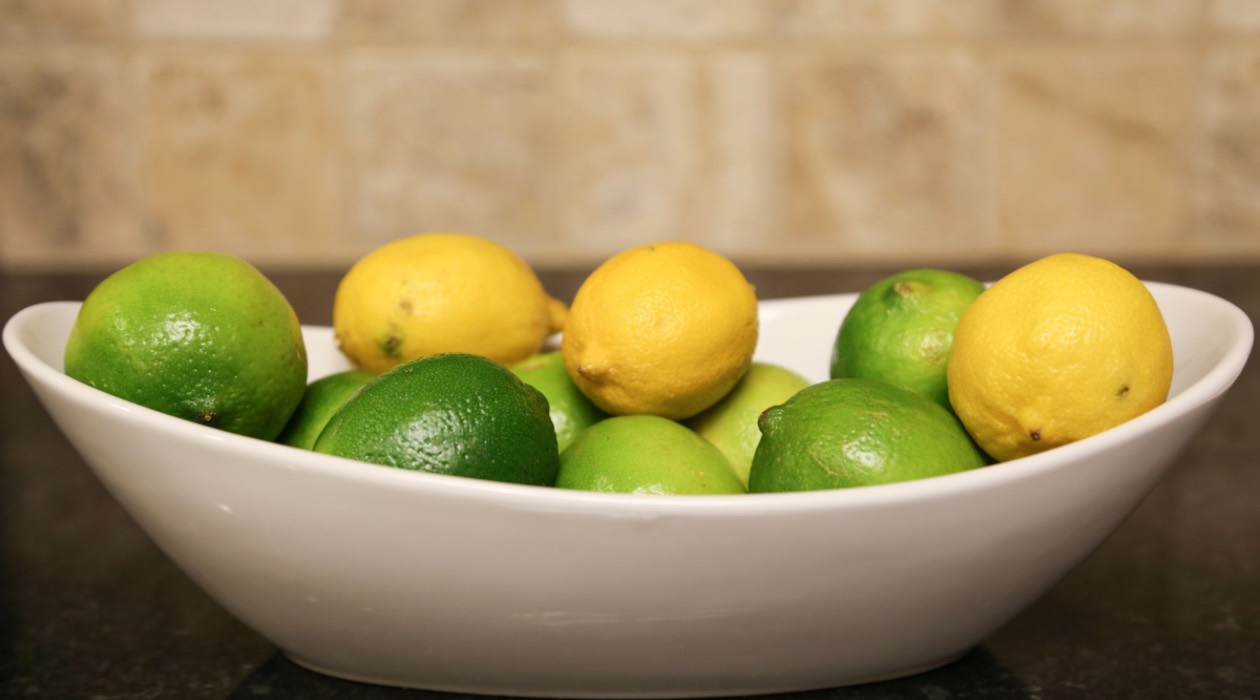
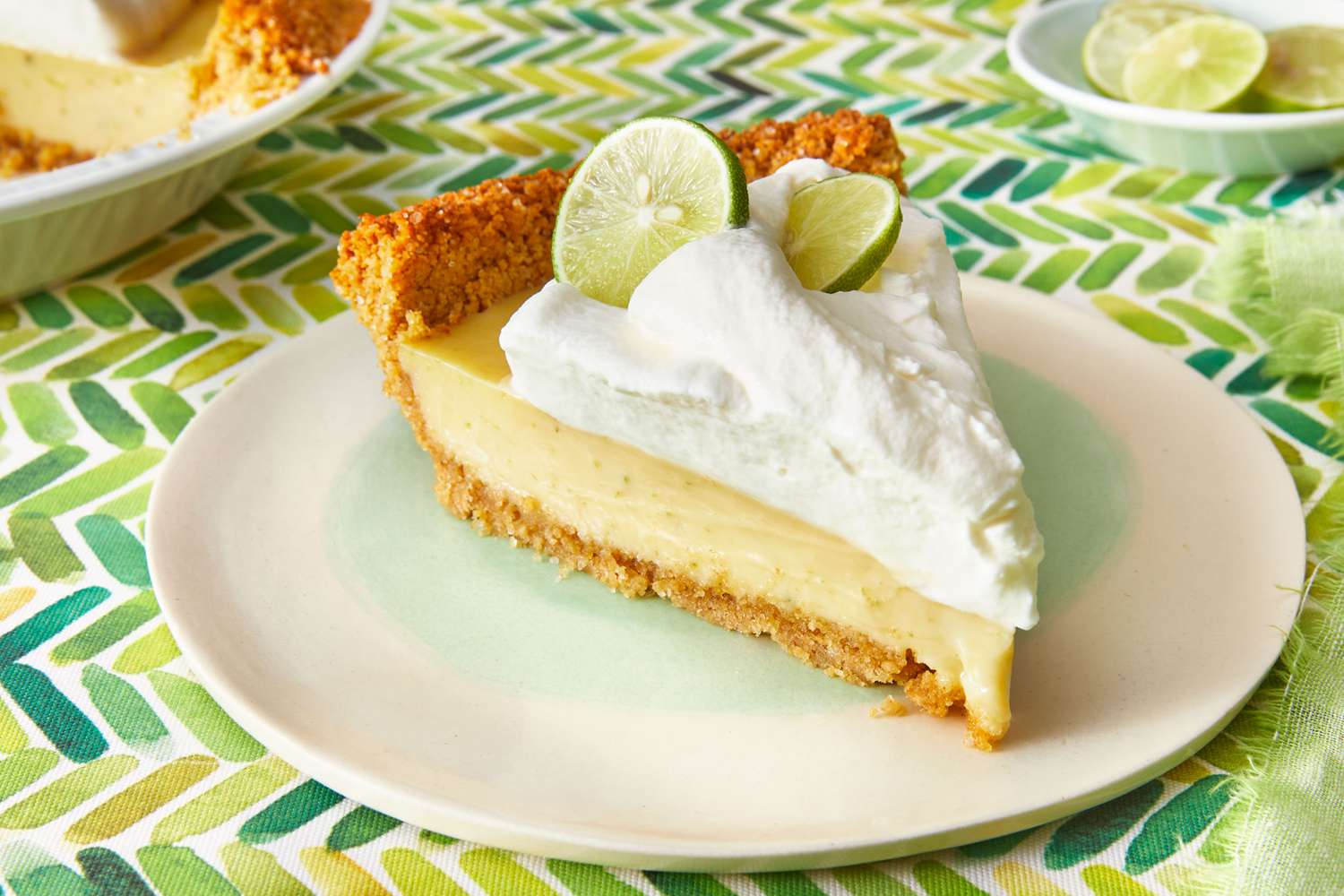
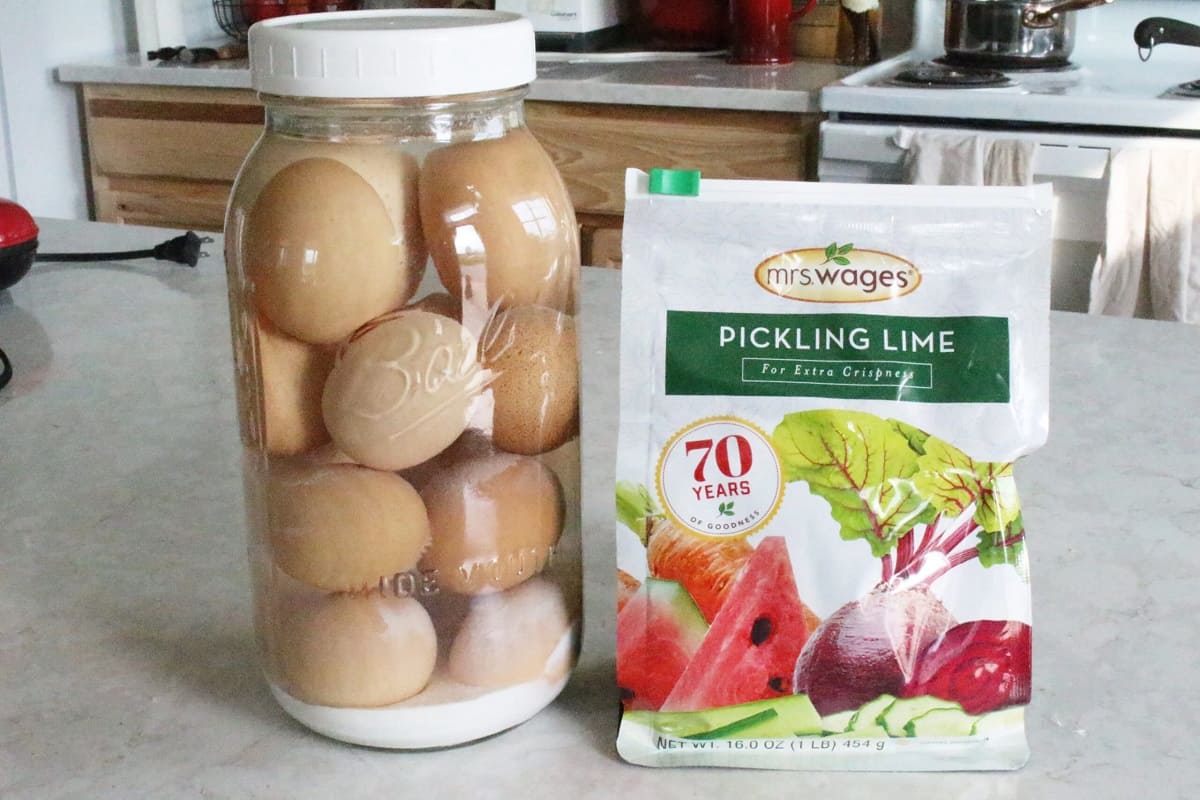
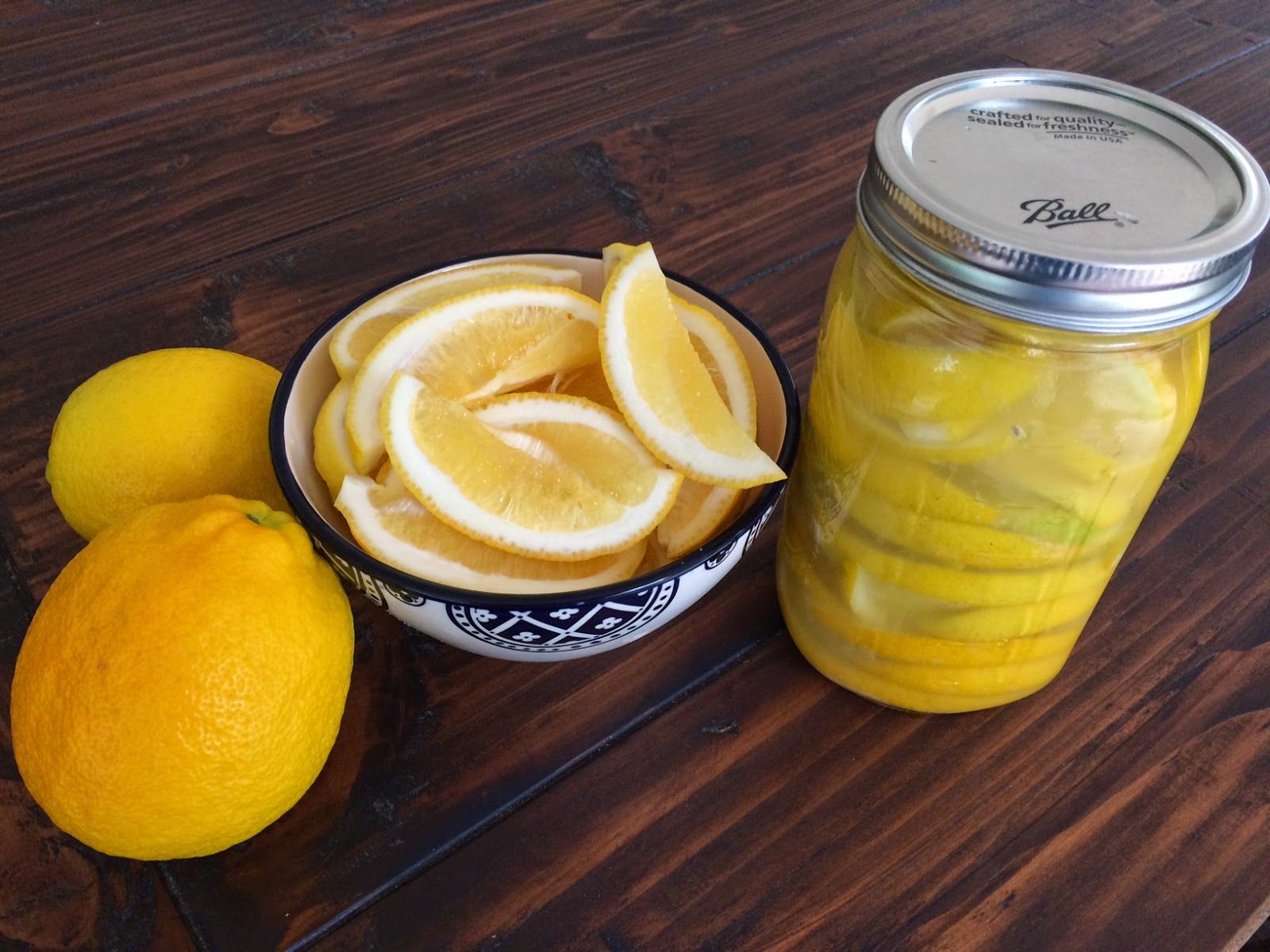
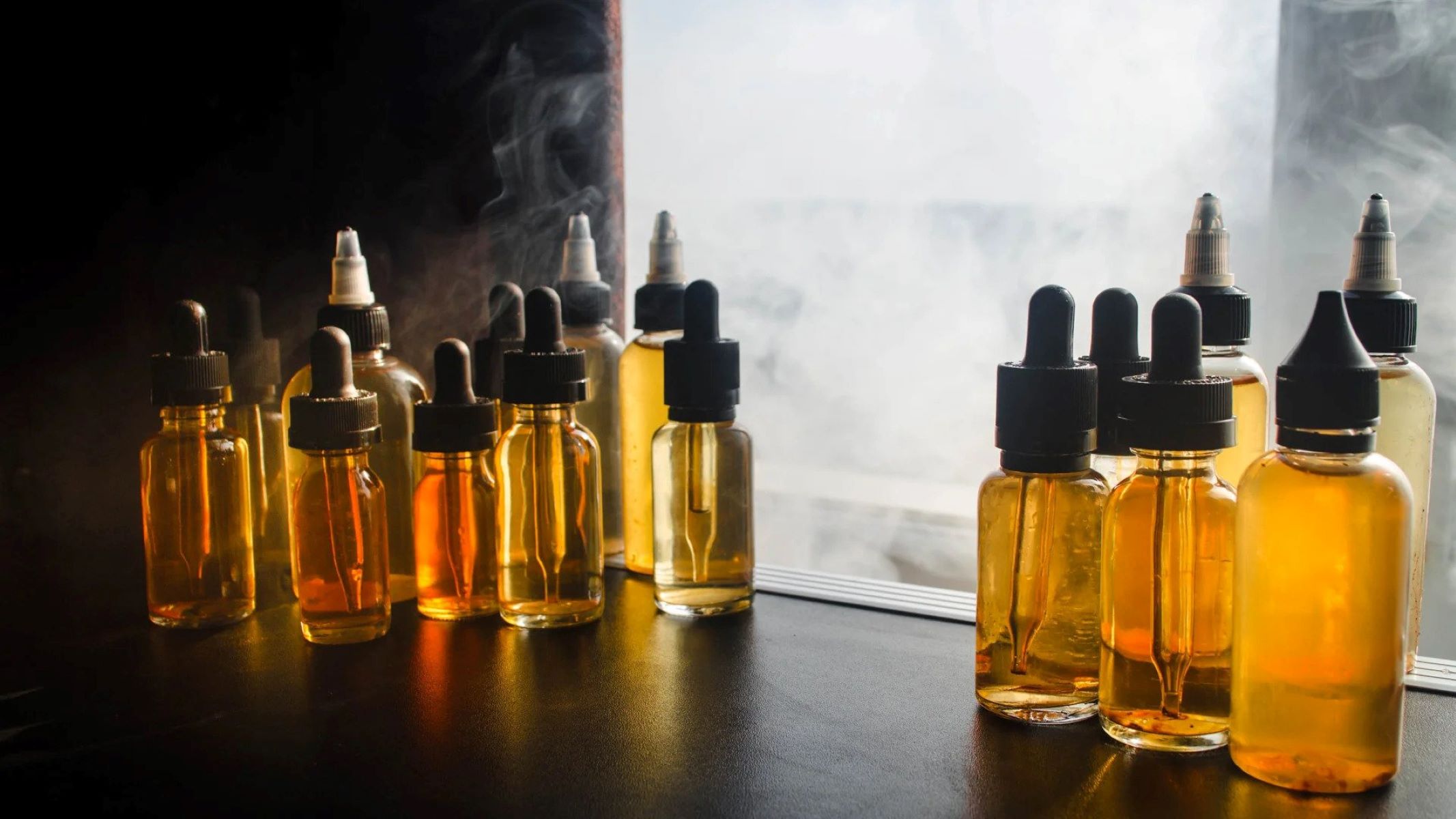
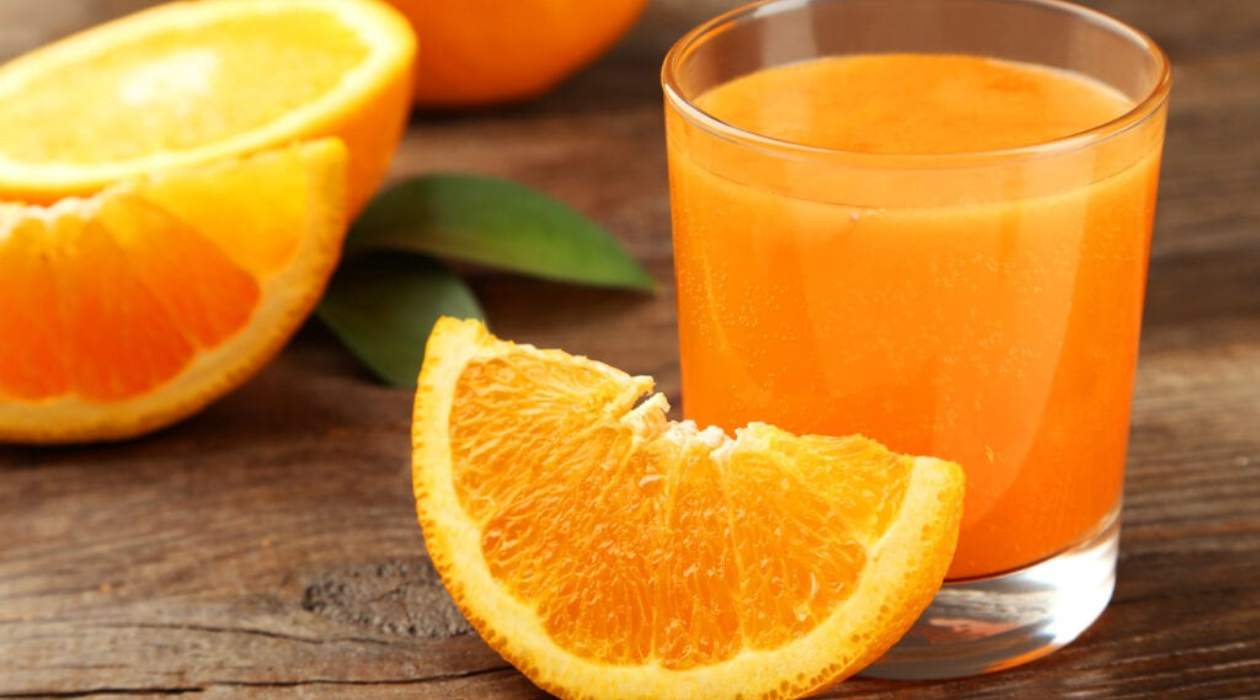
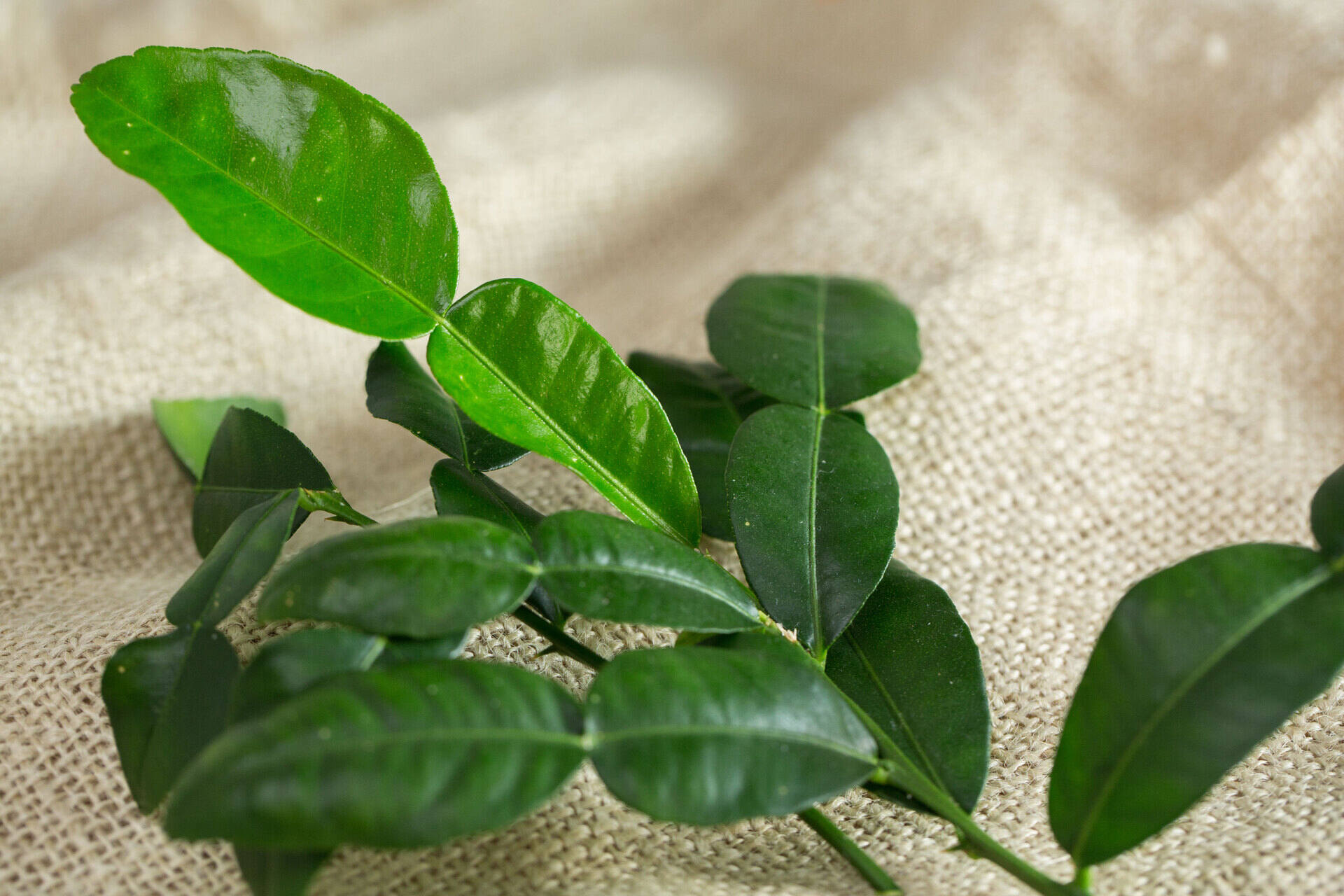
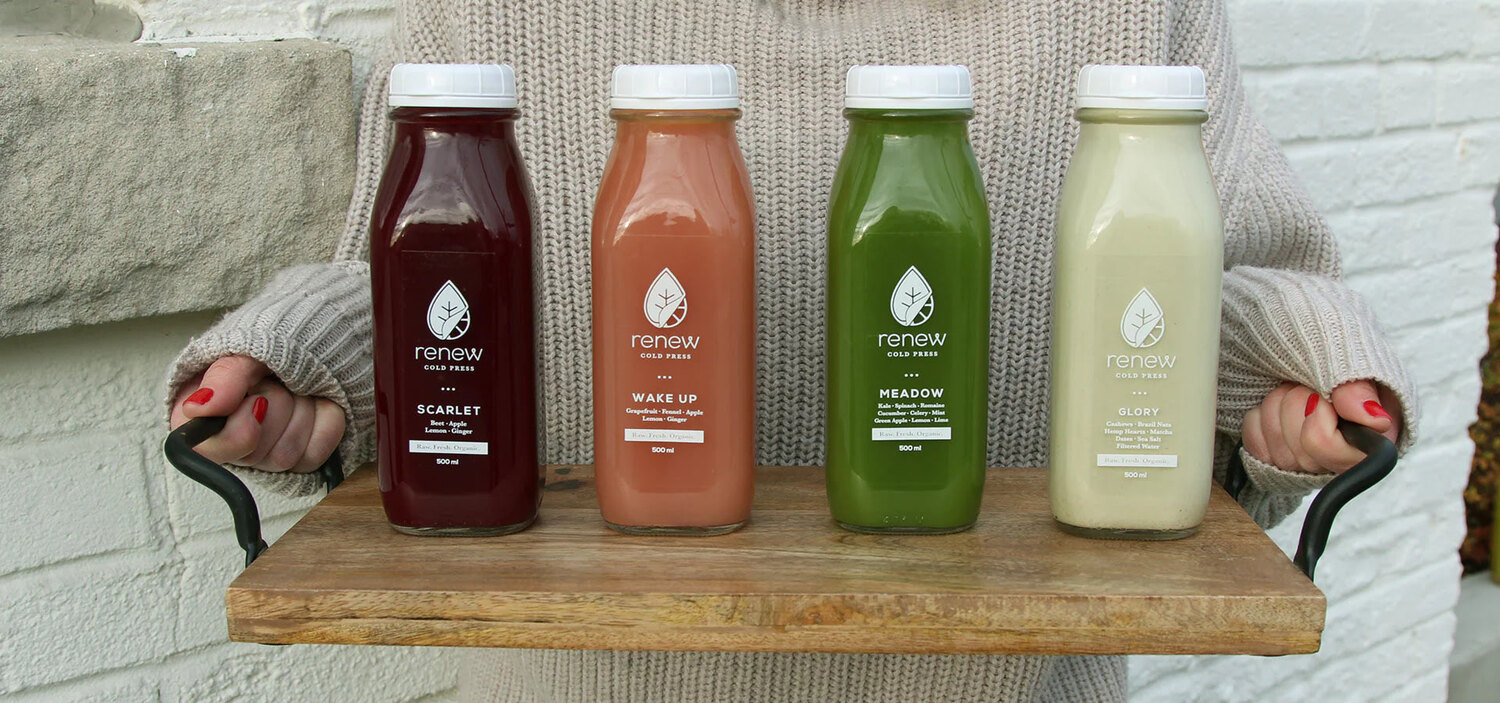
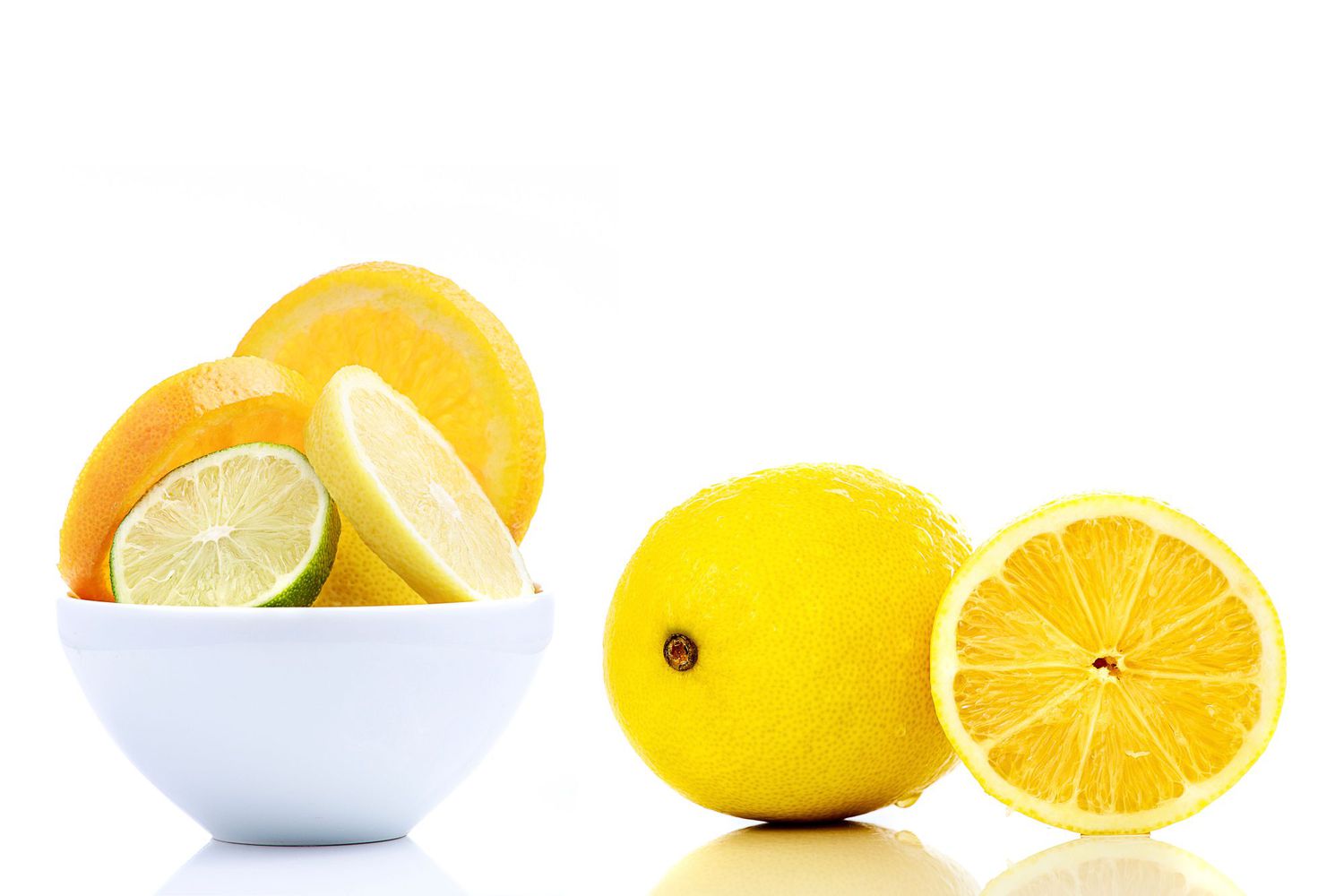
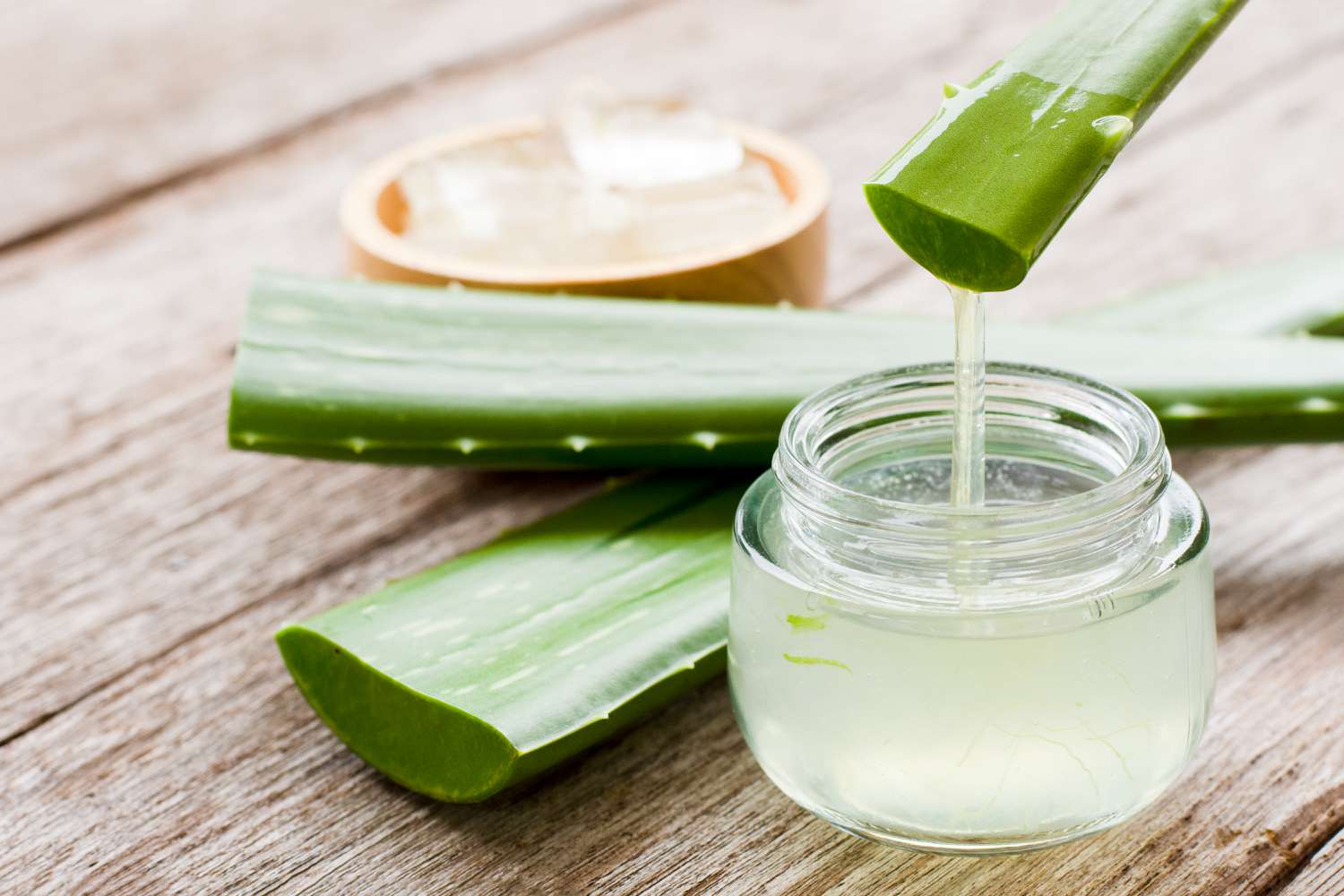
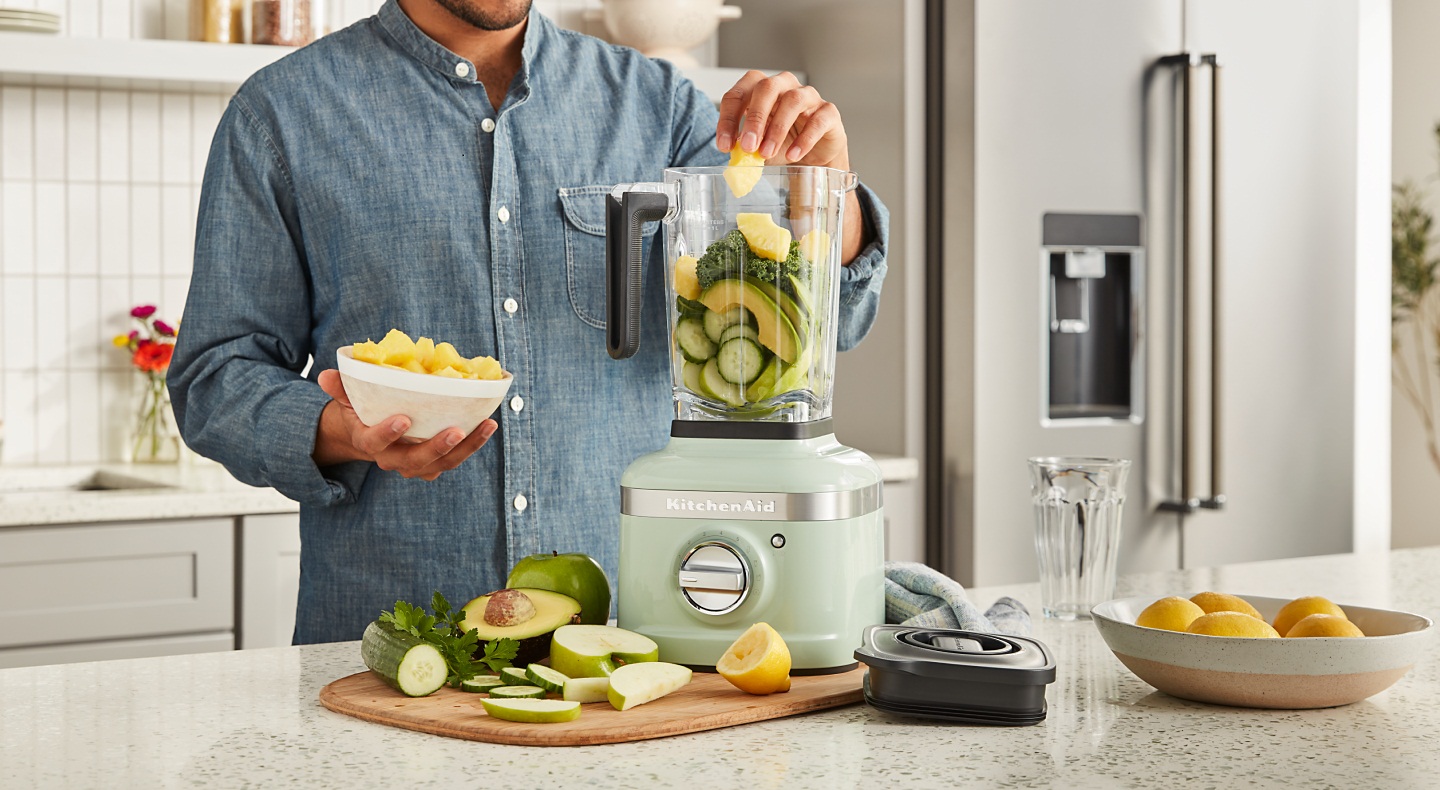
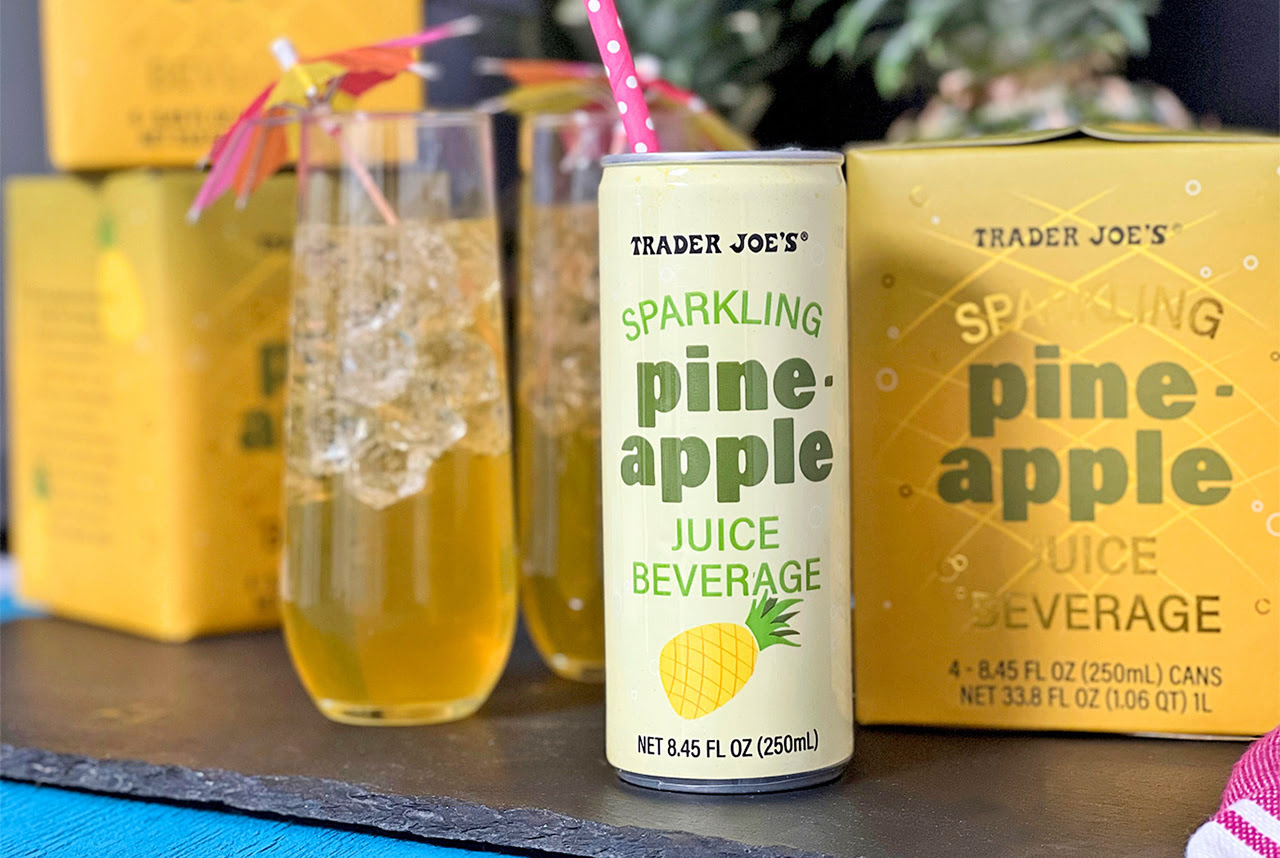
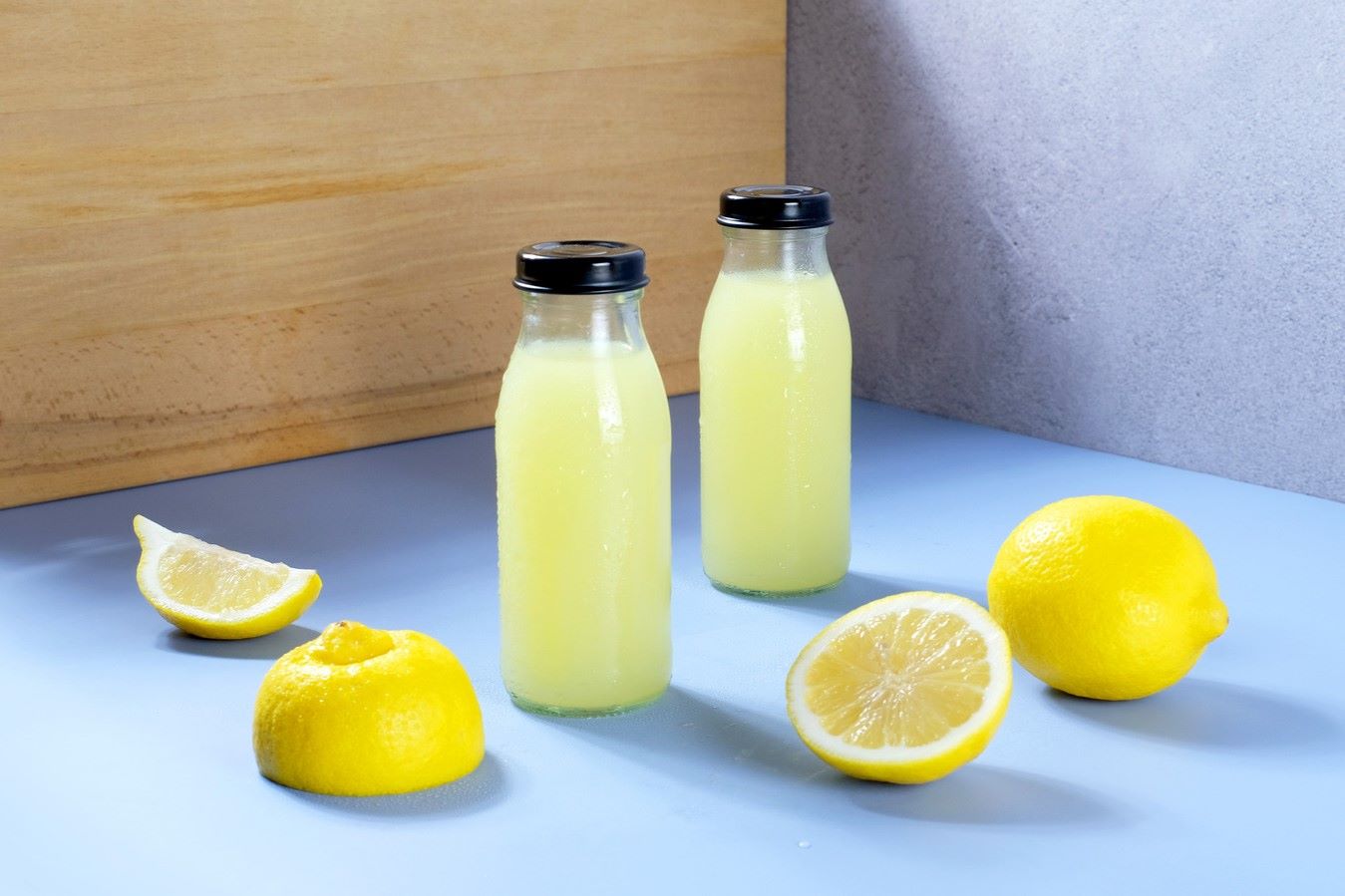
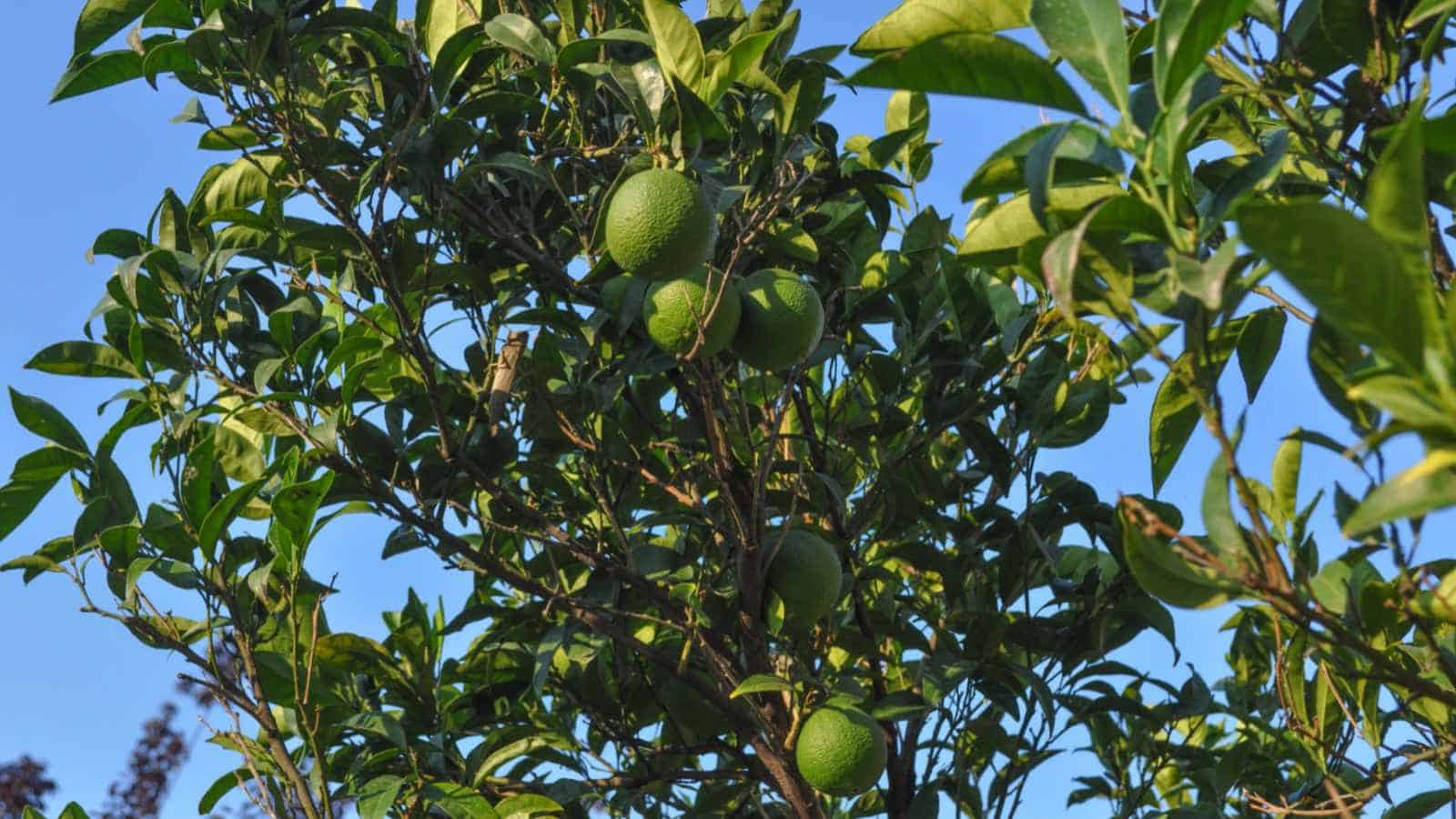

0 thoughts on “How To Store Lime Juice”